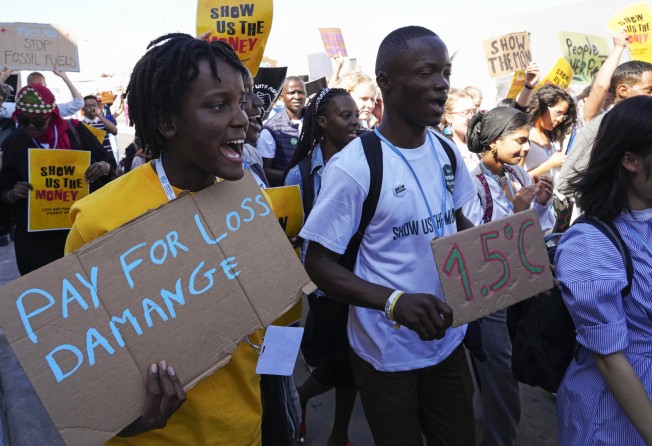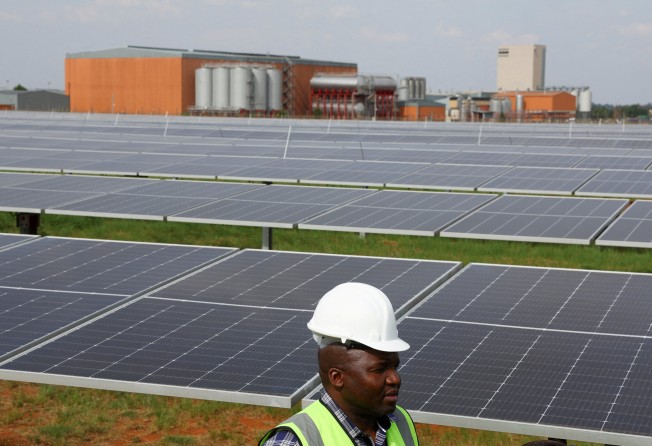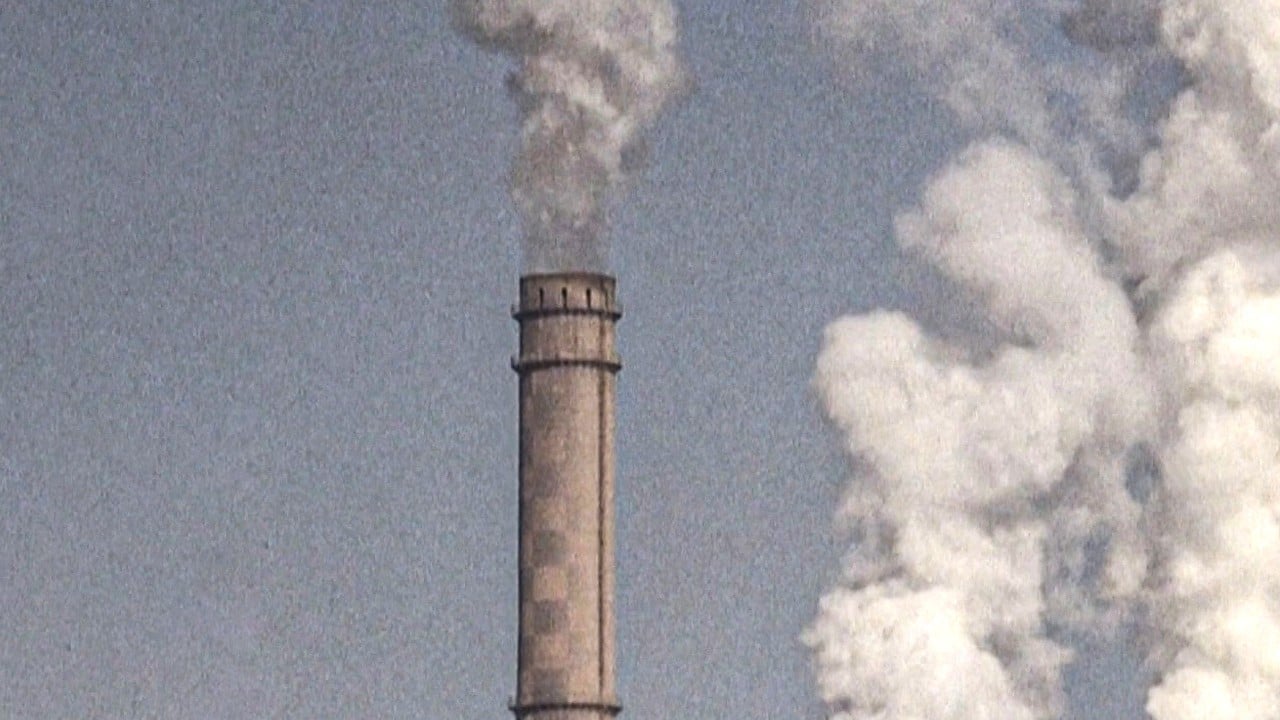
Climate solutions will come from those on the front lines of the crisis, not wealthy leaders
- As world leaders drag their heels over climate solutions and who should implement them, communities are seeking to address climate issues at a local level
- Funding grass-roots action strengthens local resilience and adaptability, while helping to break the government-corporation deadlock

We survived 2022 – a remarkable achievement considering that it brought war, inflation, recession, natural disasters, and food and energy shortages all at once. Not only did we survive, but the world population grew to exceed 8 billion.
Our next challenge, however, is surviving a warmer future as global temperatures continue to rise. The COP27 climate conference that ended in Egypt last month confirmed that without rapid societal transformation, there is no credible path to a 1.5 degree Celsius future. Every fraction of a degree change increases the threat of droughts, rising seas, storms and extreme weather.
At the heart of the transformation debate is money – who will finance the tough complex system change needed? COP27 agreed on a “loss and damage” fund for nations most vulnerable to the climate crisis, but that is only putting salve on deep historical wounds.
First leaders deny climate change, and now they squabble over who is going to pay for it. Meanwhile, the United Nations is publishing larger and larger numbers on the funding needed.
For the energy transition alone, COP27 agreed that “US$4 trillion a year needs to be invested in renewable energy until 2030 to allow us to reach net zero emissions by 2050”. These numbers do not include the US$160-US$340 billion needed annually by 2030 for climate change adaptation, according to the UN.
As the late US Senator Everett Dirksen used to say, “a billion here, a billion there, and pretty soon you’re talking real money”.

Yet in less than one year of war in Ukraine, the West has provided around US$100 billion in arms and financial support to the Kviv government. That’s not counting the estimated near US$1 trillion needed to restore Ukraine’s infrastructure. Adding in Russia’s war expenditure, and losses to the rest of the world in terms of inflation and lost output, the damage from war’s folly is in the trillions.
Not surprisingly, the key word this year for corporate leaders is “resilience”. A white paper published in May by the World Economic Forum and McKinsey defines resilience as “the ability to deal with adversity, withstand shocks and continuously adapt and accelerate as disruptions and crises arise over time”. The paper advocates for a “Resilience Consortium” of governments, businesses and international bodies to build resilience and ensure a sustainable, inclusive future for all in a world of continuous disruptions.
It’s a no-brainer that in the face of increasing adversity and escalating risks, adaptation, mitigation and preparation are a must. However, nations are hamstrung by geopolitical rivalries, which explains why despite huge efforts by multilateral bodies such as the UN, academic institutions and concerned citizens, we cannot get even carbon markets to work.
The business sector has woken up to its social responsibilities, but it will not invest in long-term energy and supply chain transition to net-zero without some assistance from the state in terms of regulation and funding.
In short, the consortium of state, business and international bodies remains stuck because everyone is waiting for the other to act.
This leaves the bottom half of society as simultaneously the victims of the climate crisis and the possible saviours, if they can mobilise themselves to deal with local issues and change the wider narrative. Logically speaking, if the masses make themselves resilient, they could compensate for the fragility of the concentrated few. But mass movements can only occur if there is a mindset change from the unsustainable status quo.
Despite the pessimistic outlook, my optimism tells me that localised human and natural disasters are forcing mindset change at the community level. All politics is ultimately local.
Black Swan author Nassim Taleb argues that conventional thinking ignores small events that have a huge impact. To him, the opposite of fragility is not resilience, which is too risk-adverse, but “anti-fragility”. Since you cannot predict future events, systems must be able to adapt to take more shocks and losses.
Indeed, a system’s ability to learn how to take losses makes it “anti-fragile”. Pushing for resilience is too timid, because minimising risks also minimises gains, which actually makes the system more fragile. Anti-fragility means having a system that learns by experimentation to do anything that may offer more upsides than downsides (including taking more risks).
The “anti-fragility” logic suggests that the real solution to the climate disaster is less about ideologies such as “democracy versus autocracy”, but more about diversity versus monoculture. Diversity allows experimentation on many fronts and inclusivity is about sharing for all, rather caring for the few.
Climate change affects the seven billion poorer people in the world more than the rich one billion. While the rich one billion controls most of the wealth, they will not be “resilient” if by 2037, the other eight billion remain poor and battered by climate disasters.
Thus, rich countries will serve themselves better by being bold – by providing funds to the many in poorer countries to deal with climate change at a local level through diverse experiments, rather than funding grand schemes that only benefit big corporations. This is a time when miserly wealth leads to greater poverty for all. Christmas, after all, is about charity and goodwill to all.
Winter is already here. To survive the past is always a blessing. To not act in the face of coming disaster is our perennial curse.
Andrew Sheng writes on global issues from an Asian perspective
